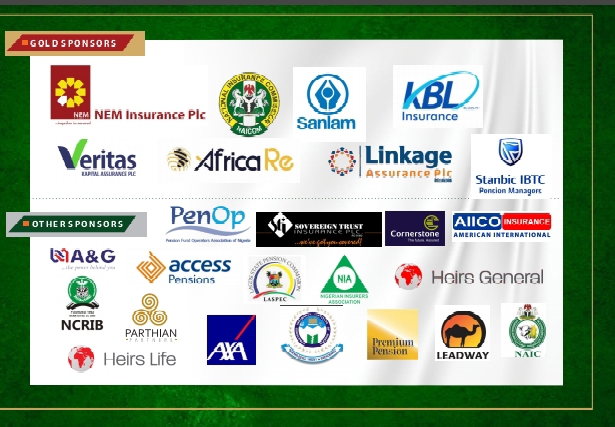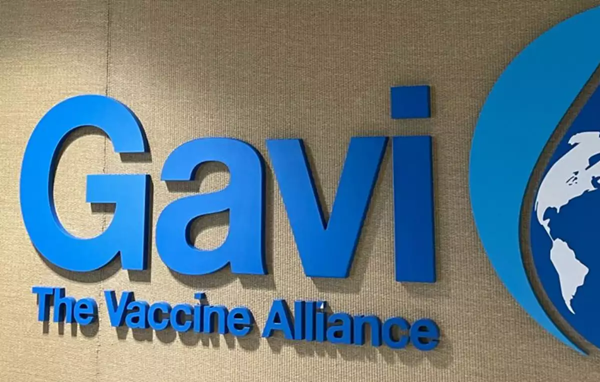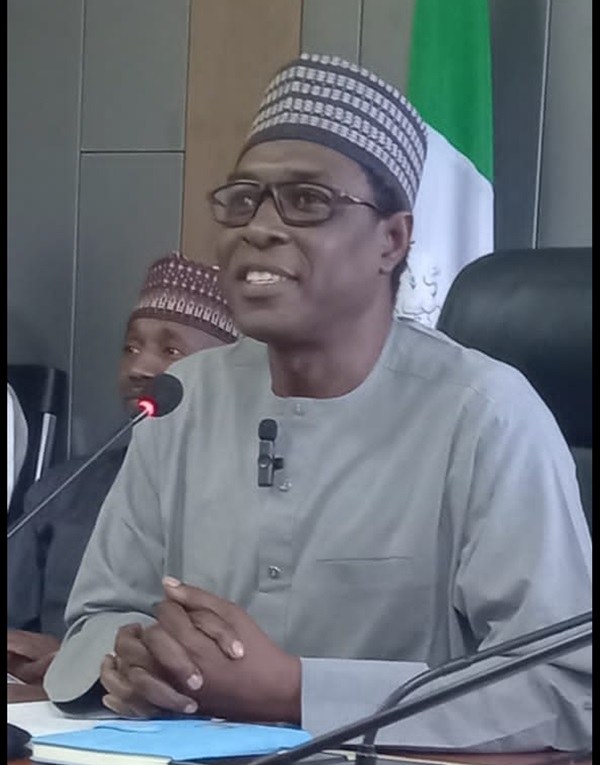Place your adverts here on InfoDig @ low rates; banner ads, sponsored links and guest articles etc. Contact us
Ahead of Climate Week NYC, the Global Energy Alliance for People and Planet (GEAPP), Sustainable Energy for All (SEforALL), and The Rockefeller Foundation announced support for “Mission 300” (M300), an ambitious World Bank Group and African Development Bank (AfDB) initiative launched in April 2024 to provide improved electricity access to 300 million Africans by 2030.
This collaboration includes launching a new technical assistance (TA) facility, standing up an M300 Leadership Group with the AfDB and World Bank, and activating private-sector financing for electrification programs in Africa.
By aligning resources, expertise, and advocacy efforts, the partners aim to build and sustain momentum for the World Bank’s and AfDB’s ambition to transform energy access and reach approximately half of the continent’s population currently without power.
- “The partnership of the World Bank Group and the African Development Bank Group to connect 300 million people in Africa to electricity is a game changer for Africa. No economy can grow, industrialize or be competitive in the dark without electricity. Our partnership is further bolstered by the support of GEAPP, The Rockefeller Foundation, and SE4ALL, as we collectively drive towards the goal of supporting Africa to achieve universal access to electricity”, ― Akinwumi Adesina, President of the African Development Bank Group.
- “Access to electricity is a fundamental human right that is foundational to development. Achieving our shared objective of expanding electricity access to 300 million in Africa will require a broad coalition that must keep growing. We need action from governments, financing from multilateral development banks, and investment from the private sector. Together with GEAPP, The Rockefeller Foundation, and SEforALL, we are strengthening our partnership to support projects on the ground and accelerate the pace of electrification.” ― Ajay Banga, President of the World Bank Group
The Rockefeller Foundation and GEAPP are committing an initial $10 million for a new, more flexible, short-medium-term TA facility that is designed to deploy philanthropic capital swiftly in support of African governments’ and the multilateral development banks’ (MDBs) efforts to accelerate the pace and efficiency of electricity access projects.
They are announcing provisional approval of $10 million for approximately 15 projects in 11 countries – Burkina Faso, Chad, Côte d’Ivoire, Democratic Republic of Congo, Liberia, Madagascar, Malawi, Mozambique, Nigeria, Tanzania, and Zambia – and across the Common Market for Eastern and Southern Africa (COMESA), which is the largest regional economic organization in Africa.
Dr. Rajiv J. Shah, President of The Rockefeller Foundation, said:
“Whether our collective future is defined by crisis or opportunity depends on big bets like Mission 300—the most important global undertaking in decades. Empowering 300 million Africans by 2030 will require us to more than double the current speed of electrification. That is only possible if we try new things, working in new ways with new partners at a scale previously unimaginable. This growing public-private alliance will prove what’s possible.”
Receiving nearly three dozen requests for technical assistance since August, the TA facility builds upon the innovative capacities at The Rockefeller Foundation’s public charity, RF Catalytic Capital (RFCC), and GEAPP, which has more than 50% of its current portfolio by value invested in Africa.
This includes 63 projects in more than 20 African countries, and GEAPP is already working intensively with the AfDB and World Bank to design and accelerate electrification efforts in several African markets.
Woochong Um, CEO of the Global Energy Alliance for People and Planet, said:
“GEAPP is proud to work with our Alliance partners, the World Bank and African Development Bank, to scale Mission 300. This groundbreaking initiative is why our Alliance was created: collaboration is essential to achieving universal clean energy access, reducing carbon emissions and supporting livelihoods. As we mobilize resources and expertise to accelerate electrification efforts across Africa, we recognize that transformative progress requires more than just financial investment—it demands unparalleled collaboration and innovation. Our alliance is setting a new standard for how the world can come together to address global energy and climate challenges in developing economies. Together, we can drive a more equitable and sustainable energy future for all.”
A joint governance body was also created to help drive accountability across stakeholders, monitor progress, and ensure that nimble operational structures are being enabled and that resources are aligned to deliver accelerated country-led results.
The group is co-chaired by the CEO of SEforALL, Damilola Ogunbiyi, and it includes senior leaders from the AfDB, World Bank, GEAPP, and The Rockefeller Foundation.
Ms. Ogunbiyi, SEforALL CEO who is also Special Representative of the UN Secretary-General for Sustainable Energy for All and Co-Chair of UN-Energy, said:
“Ensuring that everyone everywhere has access to energy is not just a matter of convenience; it is a cornerstone of human dignity, equality, and opportunity. This is why at Sustainable Energy for All, we push for higher ambitions, stronger policies, greater finance flows, increased localization and green jobs, and faster results that leave no one behind. Mission 300 is an unparalleled opportunity to electrify Africa’s future and power a brighter tomorrow, and I call on all stakeholders to join this initiative to guarantee its success.”
Alongside the new TA Facility, GEAPP, SEforALL, The Rockefeller Foundation, RFCC, and other partners are co-developing additional initiatives to help advance M300 across productive use of energy, local currency financing, support to developers, pooled procurement, and global advocacy.
In addition, Andrew Herscowitz, the former head of Power Africa, has been appointed Chief Executive Officer of the M300 Accelerator to help coordinate and accelerate progress on the M300 effort through RFCC. In collaboration with GEAPP and SEforALL, the M300 Accelerator is supporting AfDB and World Bank efforts to secure energy compact signings with African governments and providing assistance through the new TA Facility, while laying the groundwork to scale assistance across all sub-Saharan African countries over the coming years.
Electrifying 300 million people in Africa will create jobs, drive economic development, and reduce poverty overall. The partners aim to unlock a capital stack of at least $90 billion from MDBs, development agencies, finance institutions, private businesses, and philanthropy.
In response to the immediate funding needs, the organizations are also supporting a global advocacy effort to educate on the impact of securing robust replenishment of the International Development Association (IDA), the World Bank’s concessional arm for low-income countries, and the AfDB’s African Development Fund (ADF).
Robust replenishments of IDA and ADF, which are supported by sovereign governments, could include $120 billion in commitments for the Final Pledging and Replenishment Meeting (Dec. 5-6 in South Korea), as called for in April by African countries eligible for IDA assistance, and a $25 billion ADF replenishment in 2025.
By providing grants and low-interest loans to countries seeking to invest in their futures, IDA and ADF are valuable vehicles through which to fund key elements of the M300 effort.
Another source of funding for the World Bank and AFDB could flow through the International Monetary Fund’s Resilience and Sustainability Trust (RST), which helps low-income and vulnerable middle-income countries build resilience to external shocks and ensure sustainable growth, contributing to their longer-term balance of payments stability.
[Featured Photo Credit]

 1 hour ago
36
1 hour ago
36















 English (US) ·
English (US) ·